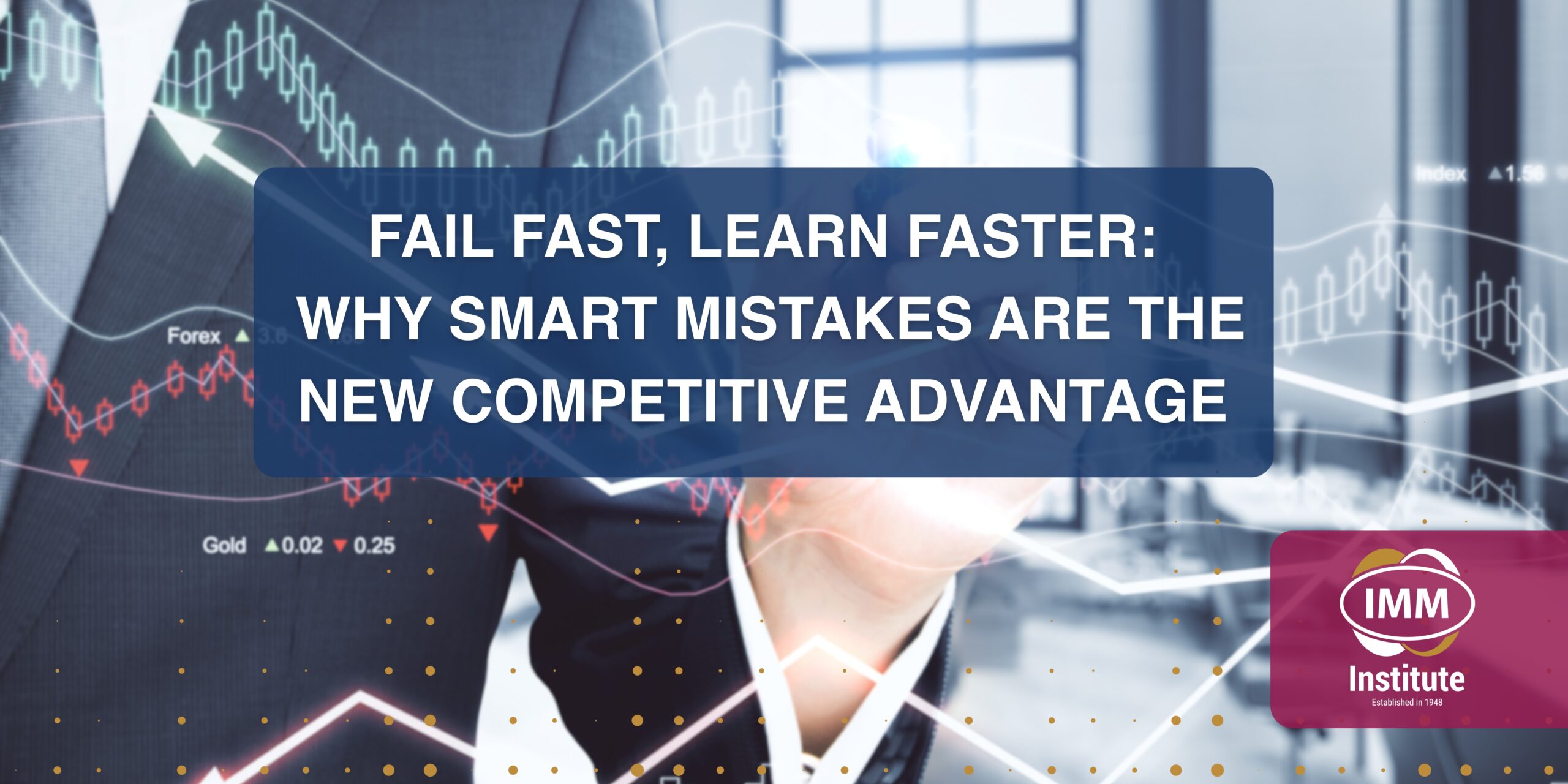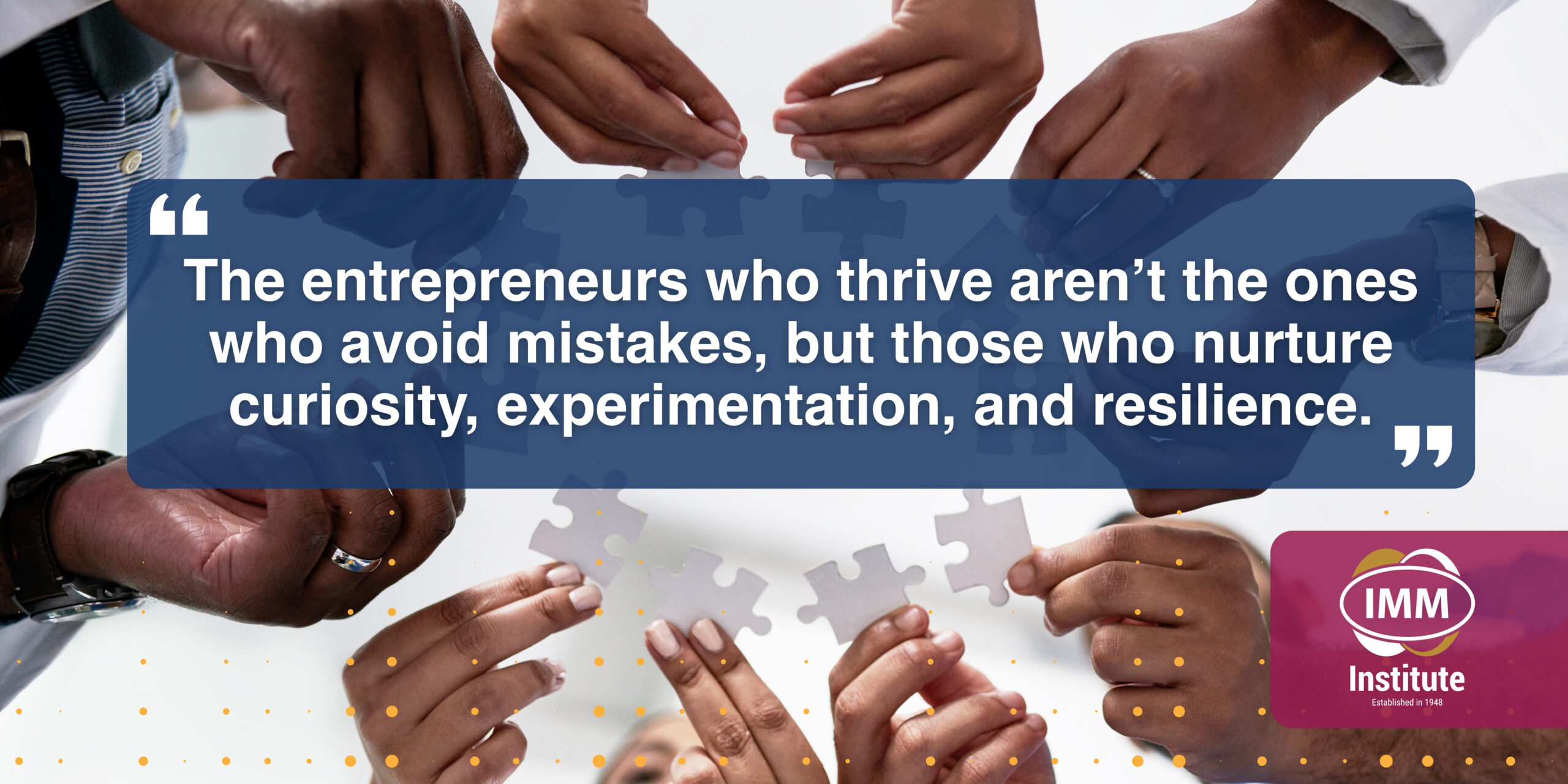
Fail fast, learn faster: Why smart mistakes are the new competitive advantage
Failure has long carried a stigma in business. Entrepreneurs are told to avoid it at all costs, as if one misstep could undo everything. But in today’s fast-moving economy, chasing perfection is riskier than getting it wrong. “Fail fast, learn faster” has now become a survival strategy.

Why failure looks different in entrepreneurship
For small business owners, mistakes are inevitable. There might come a time when you launch a product or service customers just don’t want; you invest in a campaign, and it flops; or you overstock an inventory. Those moments hurt, but they are not signs of incompetence. Instead, they are part of the testing-and-experimenting process in pushing your business out there.
Unlike big corporates that spend months modelling every move, entrepreneurs often learn in real time. The upside? Small businesses can adapt quickly. A wrong turn today can be corrected tomorrow, armed with insights competitors who “play it safe” may never uncover.
Turning missteps into strategies
The goal isn’t to glorify failure: it’s to make smart mistakes that teach lessons without crippling your business. Think of them as affordable experiments.
For example: Test a new service in one community before a nationwide roll-out.
- Trial a price change with a small customer group before applying it broadly.
- Try a new marketing channel with a small budget before scaling.
Each “mini failure” delivers valuable data. If it works, scale up. If not, you’ve lost little but gained clarity.

A mindset shift
The hardest change is mental. We’re conditioned to see mistakes as weaknesses. But reframed as lessons, they become liberating. Investors and mentors increasingly value entrepreneurs who experiment, pivot, and try again. The ability to fail fast often separates those who succeed from those who stall.
Keep learning, keep leading
Failure teaches valuable lessons, while normal teaching equips us with tools to use those lessons as a strategy for a long time. Suppose you want to be a part of retail leadership; this Professional Certificate course in Retail Marketing Principles will prepare you well for a successful career.
The QCTO-accredited course goes hand-in-hand with qualifications for Chain Store Managers and imparts marketable skills in retail marketing, customer service, stock control, and store profitability.

Embracing the competitive edge
Markets can change overnight. Standing still is often riskier than taking a wrong step. The entrepreneurs who thrive aren’t the ones who avoid mistakes, but those who nurture curiosity, experimentation, and resilience.
So, when your next wrong turn comes, don’t treat it as the end. See it as a shortcut to your next breakthrough.














